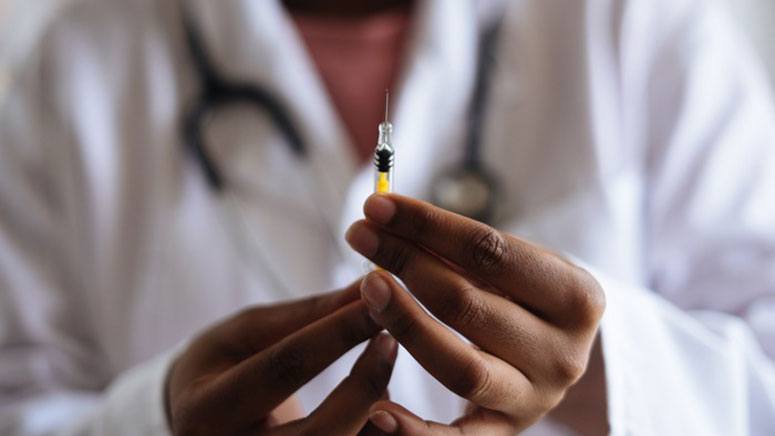How does Teplizumab help treat type 1 diabetes?

- Teplizumab helps your body function without insulin for a long period.
- It prevents the organs of the body from attacks and helps the body function properly.
- It gives families and friends of patients enough time to get used to a complete diagnosis.
- It increases your chances of getting a second dose to delay type 1 diabetes for a long period.
- If you have been diagnosed with type 1 diabetes, the drug helps your body control its glycemic states.
Type 1 diabetes (T1D) is an autoimmune disease that occurs when T cell-mediated destruction of pancreatic beta cells leads to a complete dependence on exogenous insulin [2], ineffective glycemic [3] control, and a halt in the production of insulin. It is a progressive condition with three observable stages. Clinically recognizable symptoms are only seen in the third stage.
The first sign of type 1 diabetes is the presence of more than two autoantibodies that attack important antigens in the body. This shows that B cells also play a significant role in the development of this condition, and not only T cells. According to research, the T-B axis plays a significant role in type 1 diabetes. For this reason, most treatment methods focus on the activities of B and T cells individually and the interaction between the two cells.
The T cells have a receptor, known as the T cell receptor (TCR). The receptor consists of TCR alpha and Beta chains, and six CD3 molecules. It also consists of CD3 ε chains.
Teplizumab is an artificial IgG1κ Fc-nonbinding version of a mouse OKT3 antibody that specifically works with CD3 ε and prevents the activation of T cell activation. The drug prevents the activation of T cells by steric inhibition of antigen interaction. It is highly effective in slowing down the time of diagnosis in people who are prone to developing type 1 diabetes.
According to scientists, the immune attack responsible for type 1 diabetes can start years or months before diagnosis. Doctors can tell when a patient is at risk of developing type 1 diabetes. Your immune system [4] starts producing proteins known as autoantibodies [5] many years before diagnosis. The ability to detect autoantibodies before diagnosing type 1 diabetes makes it easy to treat the condition with immunotherapy and fight the attack before it worsens.













